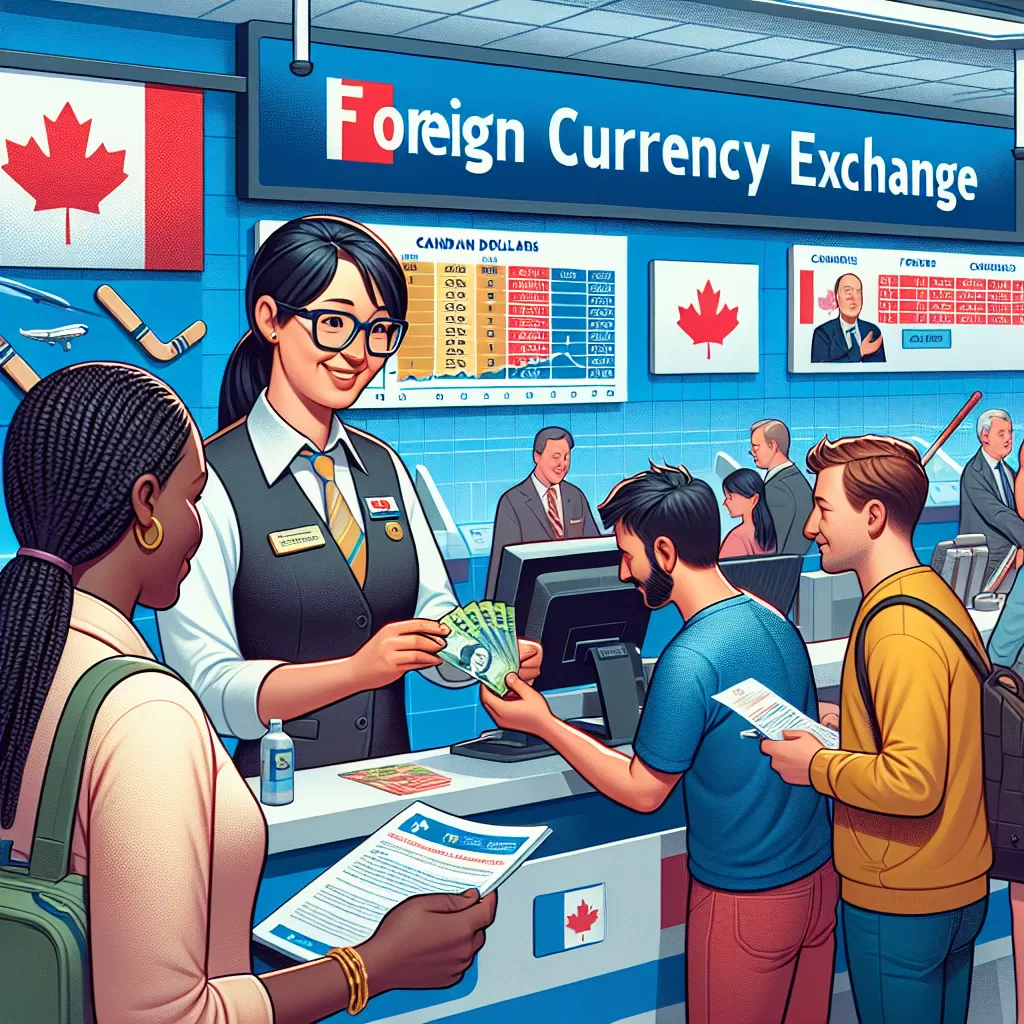How To Exchange Foreign Currency In Canada
Follow Currency Mart April 10, 2024
Where to purchase Foreign Currencies?

Exchanging Foreign Currency in Canada: A Comprehensive Guide
Exchange rates play a critical role in how we travel, invest or even move to a different location. As the Guardian of currency exchange, I am here to provide a thorough and accommodating guide to every individual wishing to exchange foreign currency in Canada. This specialized knowledge remains beneficial to those investing internationally, visiting, or relocating to Canada.Understanding Currency Exchange Basics
At the heart of all discussions concerning currency exchange is the exchange rate. The rates involve the comparison between two countries’ currencies, defining the value of one currency against the other. Exchange rates fluctuate frequently due to economic factors such as inflation, political stability, and interest rates. Constant awareness and comprehension of these changes are pivotal in foreign exchange. In Canada, the most popular and highly traded currency is the Canadian Dollar (CAD), often compared to the American Dollar (USD). However, exchange services provide conversion options for a vast array of global currencies, including Euros, British Pounds, Australian Dollars and many more.The Bank: A Traditional Option
Banks remain a widely used option for everyone looking to exchange currency in Canada, primarily for their familiarity and perceived trustworthiness. They provide a range of services, from direct cash exchange to international wire transfers. Despite this, transaction fees and service charges can be high in some banks. Therefore, shop around different Canadian banks, such as TD Canada Trust, Royal Bank of Canada, or Bank of Montreal, to find the most favorable rates and minimum fees.Currency Exchange Bureaus: The Convenient Choice
Currency exchange bureaus are prevalent, especially in tourist-frequented areas and airports. They offer a wider array of currencies and often, quicker transactions. A notorious example of such is the International Currency Exchange (ICE). While their exchange rates may not be as favorable as those offered by banks, the convenience they afford is incomparable - most remain open for longer hours and offer instant conversions.Online Money Transfer Services: The Digital Alternative
Online platforms are revolutionizing the realm of currency exchange. These digital platforms, such as TransferWise, OFX, and CurrencyFair, provide competitive and typically cheaper exchange rates compared to traditional banks. They also offer convenience as transactions are processed at any time, from anywhere as long as there's internet connectivity.Prepaid Travel Cards: Minimizing Exchange Risks
Prepaid travel cards is another convenient option particularly useful for travellers. The card, loaded with cash in your preferred currency, locks in the exchange rate at the time of loading. This is beneficial as it protects you from any potential exchange rate fluctuation impact during your travel.Peer-to-Peer Money Exchange: Innovating the Game
Slightly newer to the marketplace are Peer-to-peer (P2P) currency exchange platforms, like CurrencyFair or Midpoint. These platforms connect individuals wishing to exchange currencies with one another, in effect, sidestepping the need for a traditional bank or exchange service. Consequently, P2P exchanges often offer lower fees and more competitive rates since they cut out the middleman.Wrapping It Up
Exchanging foreign currency in Canada comes with its intricacies. It is essential to stay informed about the multiple options available, their benefits and drawbacks. Each method carries its unique set of services, fees, and exchange rates. As a conscious foreign currency exchanger, whether a traveler or investor, you should review these components carefully. By doing so, you can ensure beneficial, secure, and efficient transactions within the dynamic border of Canada’s currency exchange market.
Where to purchase Foreign Currencies?